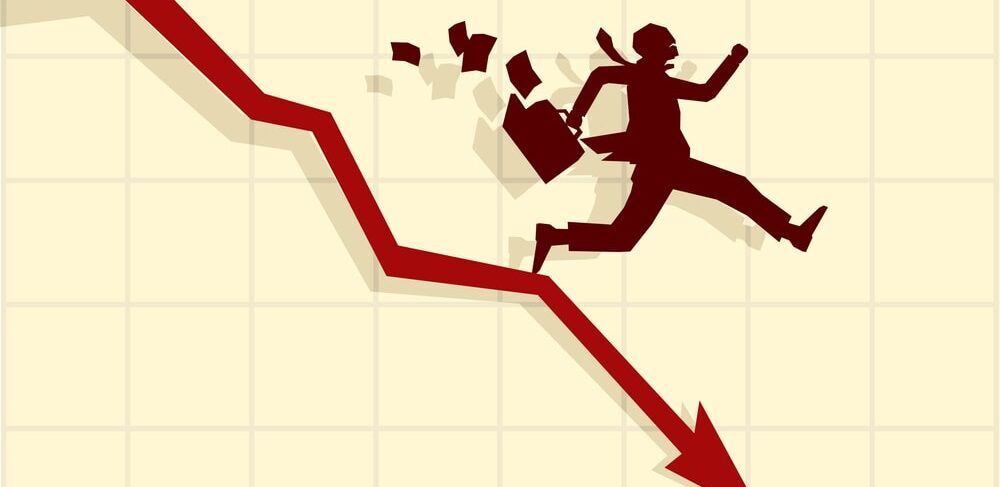Investors need to know the risks and factor them into investment decisions.
The relationship between the United States and China has been strained for some time, and tensions have only increased in recent years. The ongoing trade war, intellectual property disputes, and geopolitical competition have all contributed to a sense of uncertainty and unease.
While the full extent of the potential consequences of an increasing conflict with China is difficult to predict, equity investors are likely to face several risks. Here are five significant risks to equity investors that an increasing conflict with China might bring.
Disruption to Global Supply Chains
China has become the world’s largest manufacturer and exporter, and many companies rely on Chinese factories and suppliers for components and raw materials. If a conflict were to disrupt these supply chains, it could have severe consequences for companies’ ability to produce goods and meet demand. This would lead to higher costs and delays, which would hurt companies’ profits and ultimately impact equity prices.
Reduction in Chinese Demand
China is also a significant market for many companies, particularly those in the technology and consumer sectors. If a conflict were to reduce Chinese demand for these goods and services, it could hurt companies’ revenue and growth prospects.
This could, in turn, lead to lower equity prices as investors reassess their expectations for future earnings.
Increased Regulatory and Legal Risks
An increasing conflict with China could also lead to increased regulatory and legal risks for companies operating in both countries. For example, China could increase regulatory scrutiny of American companies operating within its borders or impose retaliatory tariffs.
In addition, companies with significant operations in both countries could face legal challenges related to intellectual property or other issues, which could lead to costly legal battles and reputational damage.
Currency Volatility
An increasing conflict with China could also lead to currency volatility, as investors reassess the strength of the US dollar and the Chinese yuan. This could impact companies with significant international operations, particularly those that rely on exports or imports. Currency fluctuations could also impact the value of foreign investments, which could impact equity prices.
Geopolitical Uncertainty
Finally, an increasing conflict with China could lead to geopolitical uncertainty, which could impact equity prices in several ways. For example, a conflict could lead to increased military spending or other government interventions, which could impact economic growth and corporate profits.
In addition, geopolitical tensions could lead to increased volatility in financial markets, as investors try to assess the potential consequences of a conflict.
Things Get Better With Age
In conclusion, an increasing conflict with China is likely to have significant implications for equity investors. As such, it’s important for all investors to consider these risks and factor them into their investment decisions. By staying informed and monitoring the situation, you can make more informed choices and better protect your portfolio. Your financial advisor can help.









